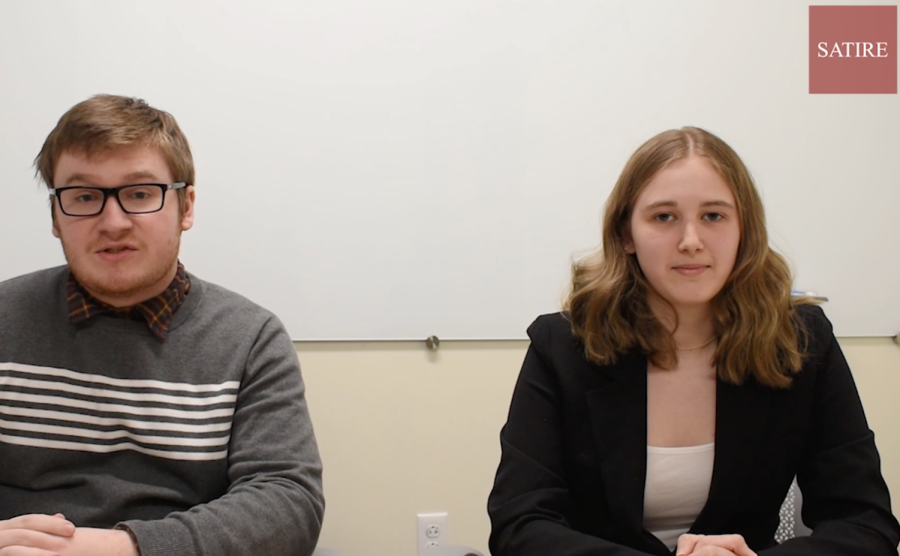
Chief Operating Officer of Facebook Sheryl Sandberg’s campaign to ban the word bossy has got me thinking a lot about war. With the “War On Terror,” “War on Drugs” and “War On Poverty” in full force, I propose we take this campaign one step further and launch another metaphorical war: a War on Words.
Sandberg argues, “We know that by middle school, more boys than girls want to lead. And if you ask girls why they don’t want to lead … they don’t want to be called bossy, and they don’t want to be disliked.”
I am in full agreement with Sandberg, but I think ban is too light of a word. We need to eradicate – to exterminate – the word bossy and others like it from human consciousness. One step we can take to ensure the complete elimination of the word is by banning children’s books that use the word bossy.
We can start with Barbara Park’s “Junie B. Jones” series. When Junie B., the protagonist of the series, hits first grade, she meets the character May, whom Junie B. calls “bossy May.”
How can we allow the children of our society to read books where young characters antagonize other characters just for being overly assertive, especially when the character is a girl antagonizing another girl? After all, we need our girls to stand up for each other. Not to mention, readers have characterized Junie B. herself as bossy.
This book simply cannot exist in our libraries. However, bossy is just the beginning. We cannot stop there. There are countless words that ought to be targeted in this war.
For example, referring to our male athletes as “jocks” places limitations on their overall abilities. The word jock invokes an image of an athlete, usually very capable in his physical abilities, but lacking academic intelligence – hence the stereotypical “dumb jock.”
A University of North Carolina-Chapel Hill athlete who received an A-minus on a terrible 146-word essay on Rosa Parks is just one example of a victim of this word. See, world? Even “jocks” can get As.
Another word that belongs on the War on Words “Most Wanted” list is “loser.” Labeling those involved in any sort of competition in two very distinct groups of “winners” and “losers” severely hurts the psyche of those who fall into the “loser” category. The derogatory term discourages rather than motivates. Instead, we should replace that word with “possibilities.” That way, at the conclusion of any competition, we have our “winners” and our “possibilities,” where those who didn’t fare so well still have countless chances to become a winner.
These are just three words in the myriad of negative words in the English language that we need to ban. Once we have this issue under control, maybe next we can move on to banning the game “tag” because it encourages kids to ostracize each other.
Ren Marx can be reached at [email protected].





